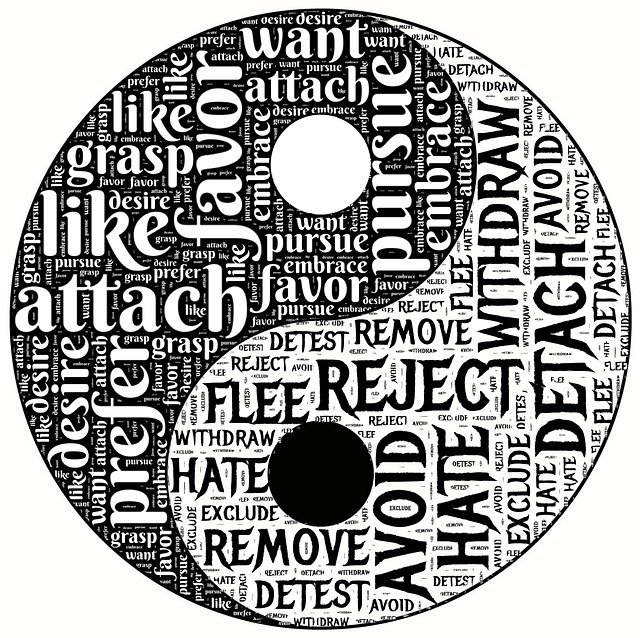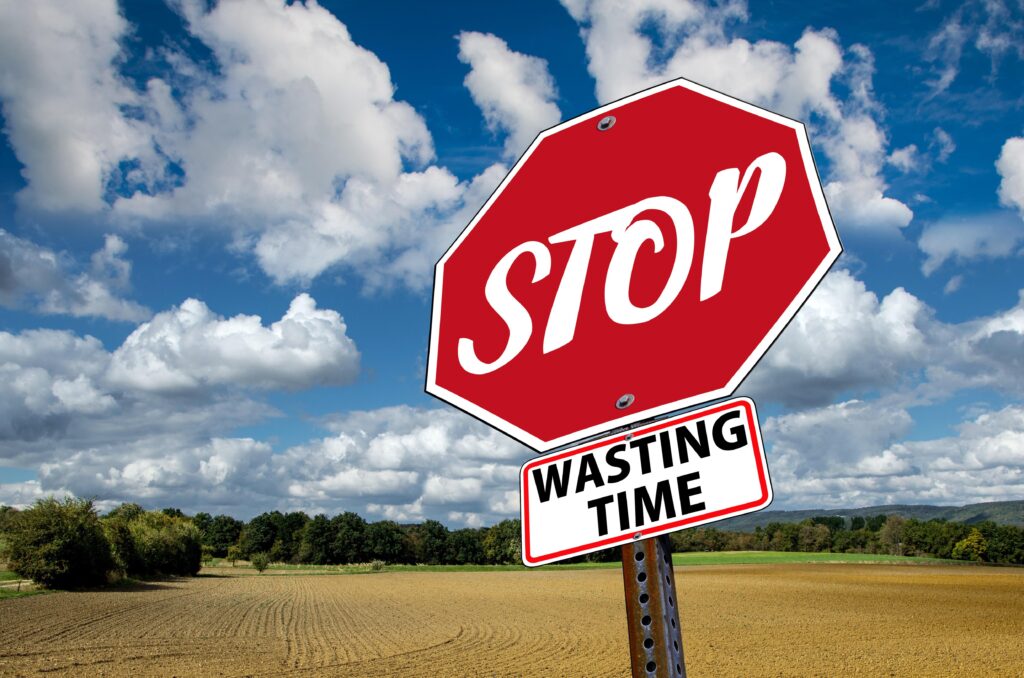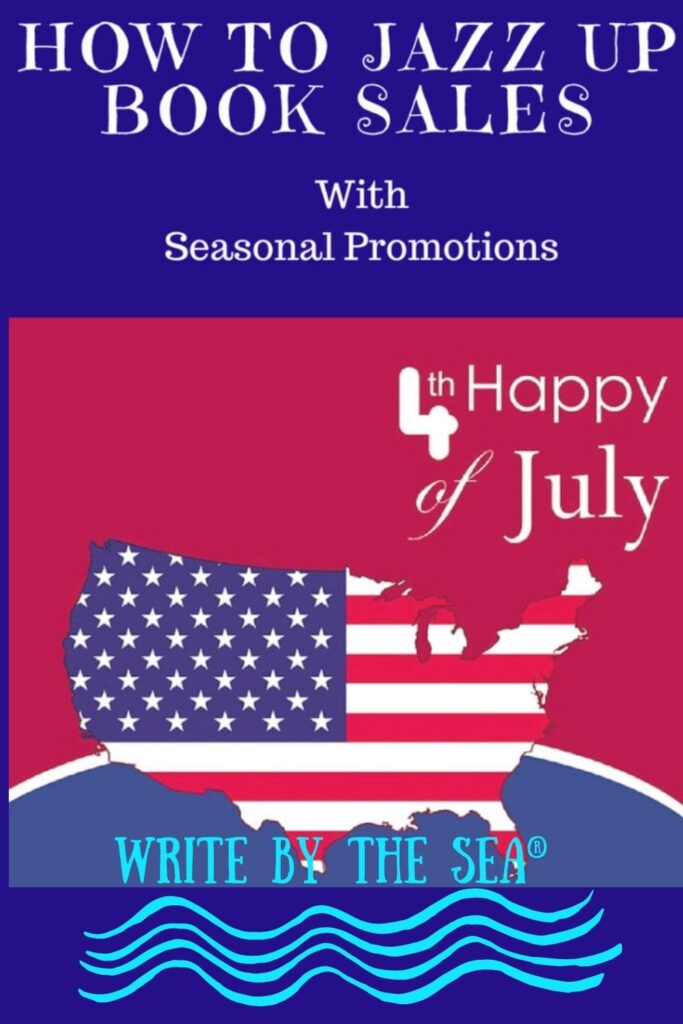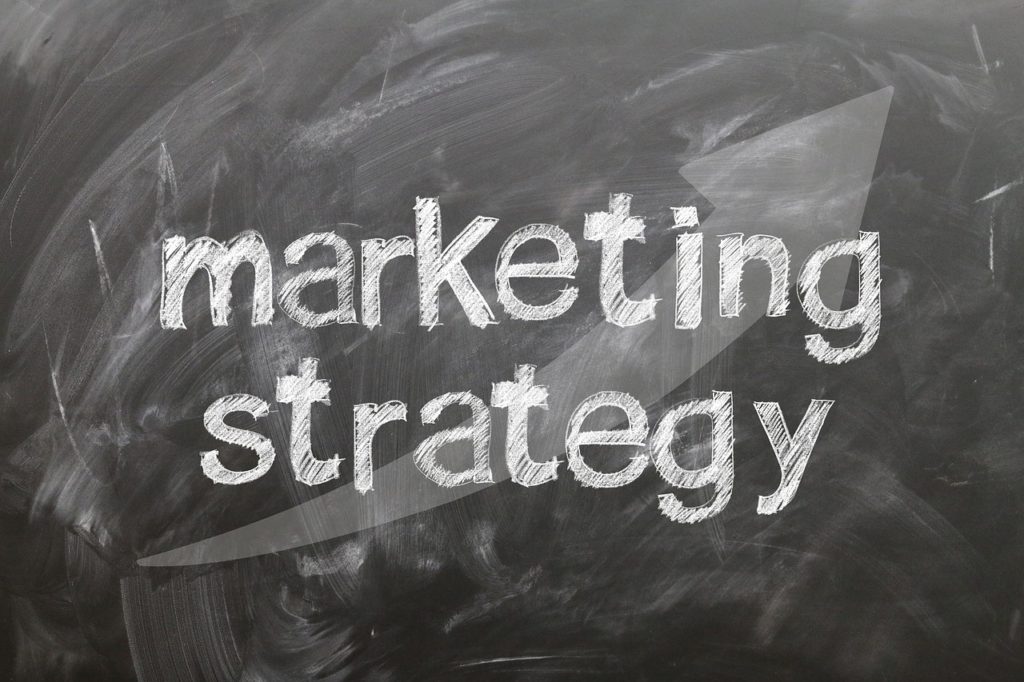by Sandra Knight, Contributing Editor
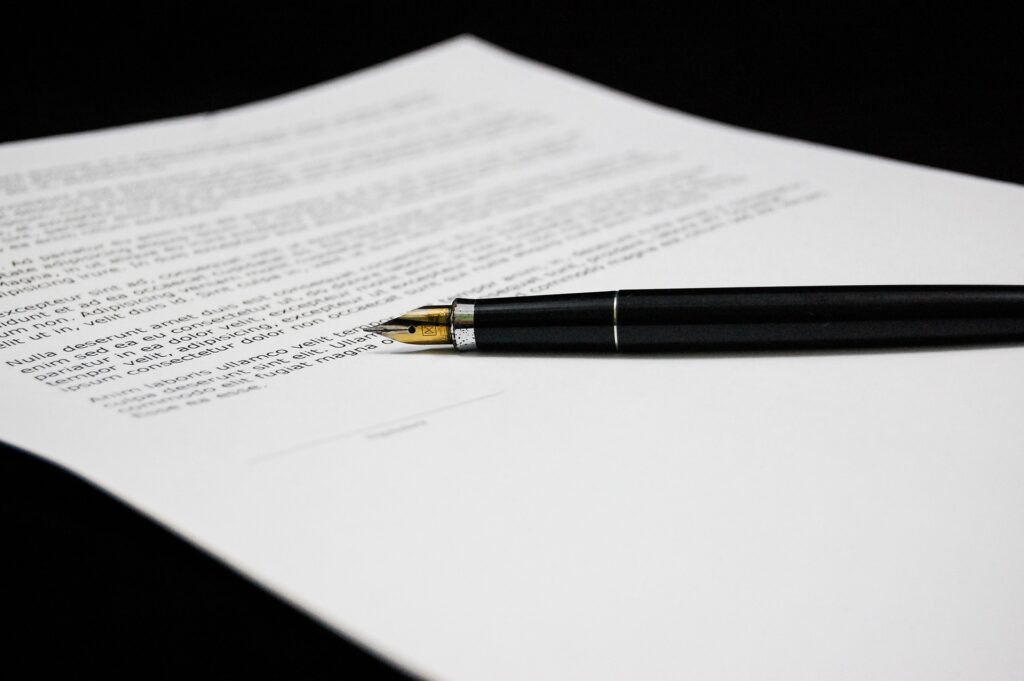
What is an Author Speaker Agreement?
It is a written or electronic speaker agreement between you, the Author, and the client who hires you to ensure both parties are protected as part of your professional service(s).
A service agreement, another name for a speaker agreement, provides not only a description of the services to be completed in exchange for payment but it also explains the rights and responsibilities of both parties.
Services are not as straightforward or tangible like products you might purchase and putting all the terms and conditions in writing ensures each party knows what is expected of the other. In addition, written agreements are easier to manage than verbal agreements if any disputes arise.
A service contract, another name for a speaker agreement, are for large or small events and can be used by beginning, intermediary or experienced authors and are vital in successful speaking businesses.
Your personal services agreement needs to be in place prior to working with a customer. You want to make sure you and the client have the same expectancies about the job or event and both parties get the work and compensation agreed upon.
The speaker agreement can be imperative if there is a misunderstanding, a legal dispute or the client adds additional scope without letting the speaker know. “A written service agreement is a way to manage expectations while the work is underway. It also assures both parties they will get the work and fees they bargained for in the time frame they expect.”
So, what goes into a professional agreement, still another name for a speaker agreement? It needs to outline the most important items between the author and client to safeguard each side.
In a Cornell Law School article, they state “The basic elements to be legally enforceable are: mutual assent, valid offer and acceptance, adequate consideration, capacity and legality.”
Depending on the event, a speaker agreement might include the following:
- Common items: where you are going, date and time of event and date and time of arrival, deadline for submission of materials you will use, pens, paper, projector, etc.
- Define how you will get paid, how to submit expenses that are reimbursable, etc.
- Include a provision for intellectual property that outlines any non-exclusivity or confidentiality agreements.
- Present material exclusive to the audience you are speaking to and not just the same material over and over. Your readers can help you with this by listening to what they want.
- Include whether the client has permission to use your image, whether the event can be recorded and if any of your material can be shared.
- Details that speak to a cancellation or postponement by either side.
- Only include liability insurance if applicable.
- A place for signatures and dates for both you and your client.
- Include change request terms in case the scope of services changes without notice.
- Any other information you feel is important to include. Since each author is different, your speaker agreement should reflect what you deem appropriate.
The items you or your client put in the speaker agreement need to be explained in great detail so there are no misconceptions. In addition, there may be specific items that apply to the author industry not known in other industries.
If you need a professional services template, there are many free templates you can download and use or develop your own based on your needs. The following information is from Josh Harcus Author of “A Closing Culture” and it is one of the free downloads.
It was selected because it has a lot of information and is from an experienced author. It is summarized below, and you may or may not include this information in your own speaker agreement.
Introduction
You want to first indicate who the agreement is between. It might say Agreement between <client>, <client address>, and <your name>, <address> on <event date>, <event year>.
Event
You want to include session date and time, name and address of venue, anticipated number of attendees as well as a main contact at your speaking event that includes their full name, job title, phone number and email address.
Equipment and room setup specifications
Having all the equipment you need and already set up when you arrive at your speaking engagement will allow you to focus on other items. Here are some things you might require:
- Projector and replacement bulb, projector screen, laptop adapter for projector, or clicker.
- Audio system, handheld microphone, or music.
- Speaker podium, table or raised stage or a bottle of water.
- Chairs for the attendees.
- Table and chair for book signing.
Include a place in the agreement for the client to initial indicating all equipment will be provided and set up prior to your arrival.
Speaker’s fee
- Session – What you are speaking about and your price.
- Book signing included after each speaking event. This is where you can make money if you are starting out and not charging as much for being the speaker.
- Book purchase quantity at discounted price for the client and also available at the event for full price.
- <Client> pay speaker’s fee of <dollar amount> no later than event due date unless specifically agreed upon by <your name>.
- If event is cancelled by the client, part of the speaker’s fee may be refunded according to refund schedule:
- Less than 30 days – $0.
- 31-60 days – 50%.
- 61-89 days – 75%.
Compensation
As consideration for services to be rendered by speaker under this agreement, the client shall provide the speaker:
- Complimentary conference registration.
- Hotel accommodations (if applicable) for <number> of nights.
- Travel expenses (if applicable):
- Round trip business-class tickets.
- One speaker assistant.
- Ground transportation.
- Meals for speaker and one assistant.
- Any reasonable expenses.
- Speaker will submit receipts with itemized invoice to the client within <number> of days of event end and be reimbursed <number> of days from receiving receipts and invoice.
Terms of Agreement
These Terms of Agreement will continue until the completion of the presentation(s) or incapacitation of speaker (death, disability, etc.) and you can terminate this agreement and all consideration due shall cease as of the date of the cancellation.
Include a place in the speaker agreement to be signed by the speaker with the <date>, <client name>, <job title> and <date> so this is understood from the beginning.
Marketing Materials
Speaker information will appear as written below in all conference marketing materials and the on-site conference brochure:
- <Your name>, Author of <title of book>.
- Optional information like Facebook, email address, etc.
Include a checkbox for yes or no in the service agreement so client will know exactly what you want.
License for Content
“Speaker grants <client> a non-exclusive license to use speaker’s presentation and handout materials in any manner <client> deems appropriate including, but not limited to, the reproduction, distribution, creation of derivative works, and display on the internet of speaker property, with <client> retaining the proceeds derived from such distribution and use of speaker property.
Speaker also agrees to work directly with the company performing these services for <client> and follow all deadlines to provide presentations slides and potential handouts that may be associated for content archiving.”
Indicate choice by including a Yes, agree or No, I do not agree check boxes to ensure both parties agree on what happens with the content.
If you don’t like the example above, there are many more you can download for free. If you do download any templates, free or paid, and need any assistance, be sure to speak with a legal professional.
In addition to the above information, if you speak virtually, you want to make sure to include a cancellation clause, your technological preferences, and additional components you will need.
Finally, Forbes says “For authors, speaking engagements can be a crucial component of success and can blossom into a large following. As a self-published writer, speaking engagements don’t usually fall into your lap – you can create them. Simple checklist:
- Prepare to speak – know what to say before you start seeking opportunities (well-prepared).
- Consider your audience – connect with them on a personal level.
- Search for great opportunities – your ideal market.
- Strategically shoot your shot – if just starting out, don’t charge a fee; profit will come from book sales – phone calls and in-person meetings are great ways to find opportunities – offering a free book to potential venue might result in 50 books down the road.”
In a nutshell, author speaker agreements should be detailed, written, and tailored to your professional service. Once you have a base agreement, you can just include the elements for each event without re-inventing the wheel each time
About Sandra Knight
 Sandra Knight is a professional writer who creates actionable content for freelancers, authors and speakers as it relates to finance.
Sandra Knight is a professional writer who creates actionable content for freelancers, authors and speakers as it relates to finance.
She covers topics from how to track expenses to what to include in an author speaker agreement to budgeting through in-depth guides, informative articles and engaging blog posts. Learn more about her and her writing services at linkedin.com.
Don’t forget to join our mailing list.
Just fill in your name and email address, below:

